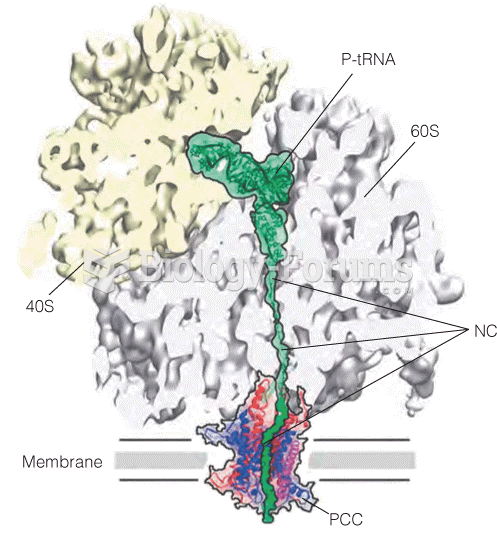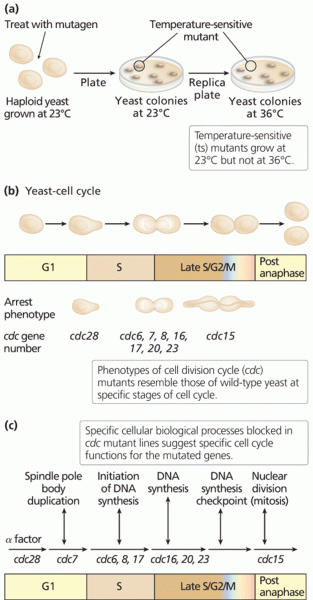|
|
|
Though the United States has largely rejected the metric system, it is used for currency, as in 100 pennies = 1 dollar. Previously, the British currency system was used, with measurements such as 12 pence to the shilling, and 20 shillings to the pound.
Blood is approximately twice as thick as water because of the cells and other components found in it.
Hypertension is a silent killer because it is deadly and has no significant early symptoms. The danger from hypertension is the extra load on the heart, which can lead to hypertensive heart disease and kidney damage. This occurs without any major symptoms until the high blood pressure becomes extreme. Regular blood pressure checks are an important method of catching hypertension before it can kill you.
Signs of depression include feeling sad most of the time for 2 weeks or longer; loss of interest in things normally enjoyed; lack of energy; sleep and appetite disturbances; weight changes; feelings of hopelessness, helplessness, or worthlessness; an inability to make decisions; and thoughts of death and suicide.
In most cases, kidneys can recover from almost complete loss of function, such as in acute kidney (renal) failure.
 The first commercially successful typewriter, manufactured in quantity beginning in 1874, surely fue
The first commercially successful typewriter, manufactured in quantity beginning in 1874, surely fue
 The transition from college to first job can be a triggering situation for new growth in meaning ...
The transition from college to first job can be a triggering situation for new growth in meaning ...





